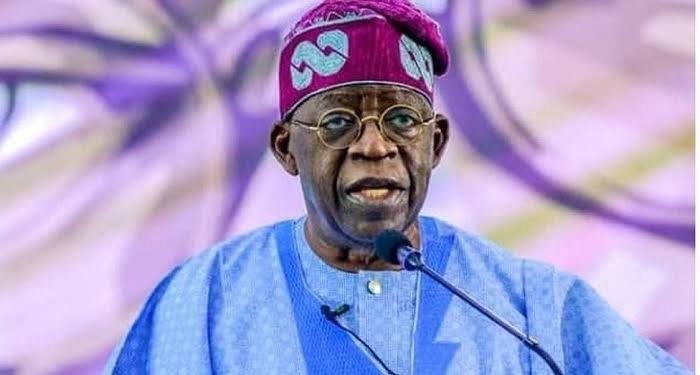Tinubu targets conversion of one million petrol vehicles to CNG by 2027

By Femi Akinola
Determined to reducing environment pollution across the country to the barest minimum by 2027, the President of the Federal Republic of Nigeria, Bola Ahmed Tinubu has set a target at converting a minimum of one million out of the 10 million existing petrol vehicles to Compressed Natural Gas (CNG) vehicles by 2027.
Engr. Michael Oluwagbemi, the Programme Director and Chief Executive of the Presidential Initiative on Compressed Gas (Pi-CNG), made the disclosure during a stakeholders engagement meeting in Ilorin, Kwara State capital.
In attendance at the meeting were officials of transport unions including NARTO, TOAN, NURTW, NATA, RTEAN, and Union of Tipper and Quarry as well as affiliates from Ondo, Ekiti, Kwara, Kogi and Osun State.
During the stakeholder’s meeting, which focused on activities of the Pi-CNG. Oluwagbemi disclosed that the conversion of petrol vehicles to CNG will attract zero percent import duty waiver on vehicles with compressed natural Gas as well as CNG kits, as part of incentives to encourage conversion of existing vehicles to CNG-compliant vehicles.
He listed the advantages of CNG vehicles over petrol vehicles, noting that a vehicle that run on CNG does that on clear and better energy for a safe environment. On the cost of conversion from petrol to CNG, he gave the cost as between N300,000 to N750,000, depending on the vehicle make and class.
His words: ”CNG vehicles can run cheaper, 40 to 70% cheaper to petrol vehicles. It is safer, 18% safer than petrol or diesel vehicles, and more reliable. With CNG vehicles, you go less to mechanics for either oil change or, as the case may be, than other vehicles.”
On the conversion incentives, Oluwagbemi noted that the Federal Government was already working on conversion incentives programme to be announced by the President on May 29.
He said the conversion incentive programme would include access to gradual payment and discounted rates for the CNG conversion.
Oluwagbemi said: ”It will start gradually and get better. We are looking at conversion of one million vehicles by 2027 and saving Nigeria about $2.5 billion and $3.5 billion a year and getting us off almost 10 million litres of petrol from what we are currently using.
”The reality is that by the time the Federal Government is able to provide CNG kits and CNG conversion, the commercial vehicles that move about 90% of the population, there will be no reason for the central government to renege on the promise to remove subsidy and to ensure that Nigerians do not pay for importation of poverty and export of jobs that was the order of the day when we are used to import petrol rather than exporting gas and using our gas for the benefit of all Nigerians.”
Babachair Lawal’s argument against CNG
It is pertinent to examine critical concerns raised against the Federal Government’s efforts in changing transportation sector from petrol based to CNG by the former Secretary to the Federal Government, Babachair Lawal published in one of the leading daily newspapers in the country on May 18th.
Babachair’s argument against the feasibility of CNG vehicles in Nigeria is premised on the lack of infrastructure and perceived government inefficiency, including Nigerian factor.
While his concerns are valid, in certain quarters, they reflect a short time perspectives and not the long-term benefits and potential solutions.
According to him, CNG cannot work without widespread refuelling infrastructure.
Critics of Babachair’s view said that by prioritizing infrastructure development, the government can create a sustainable CNG network.
They noted that the success of such projects in other countries demonstrates that Nigeria can achieve this with proper planning and investment.
They pointed out that countries like India and Pakistan have successfully integrated CNG into their transport system believing it could be done successfully in Nigeria.
